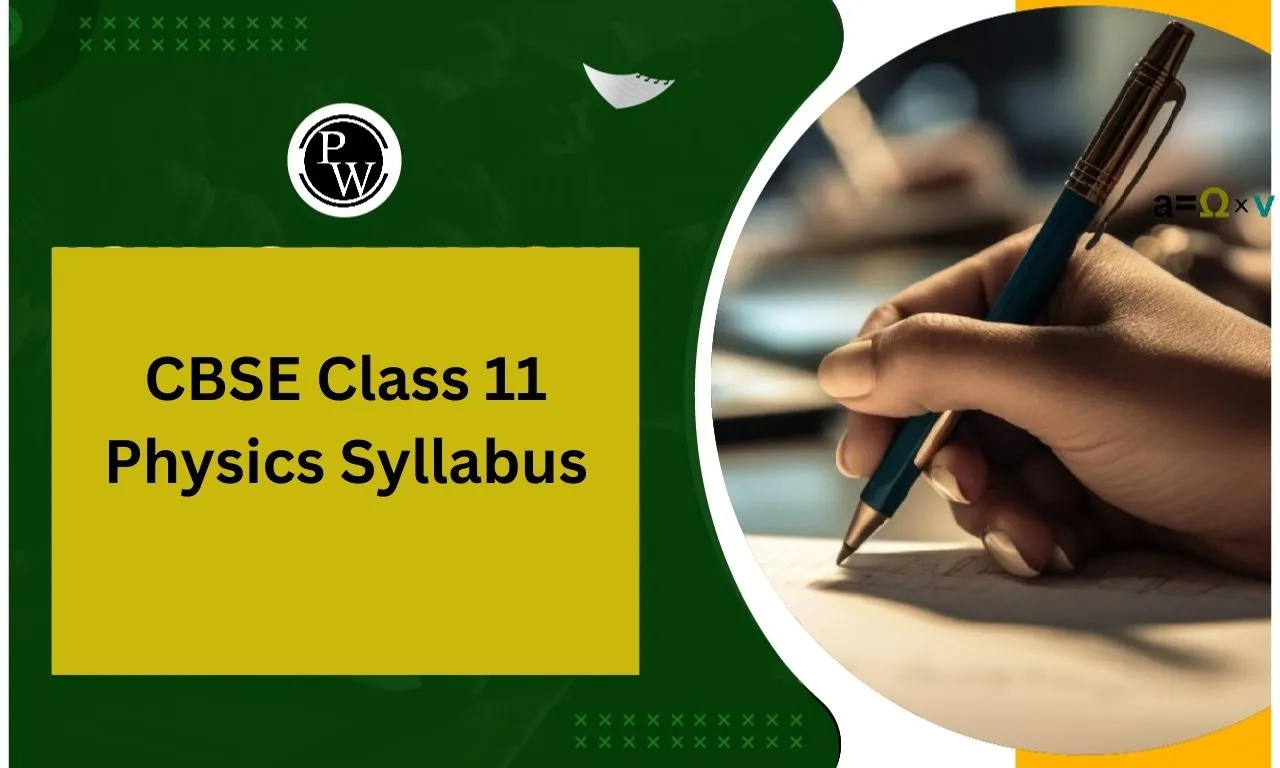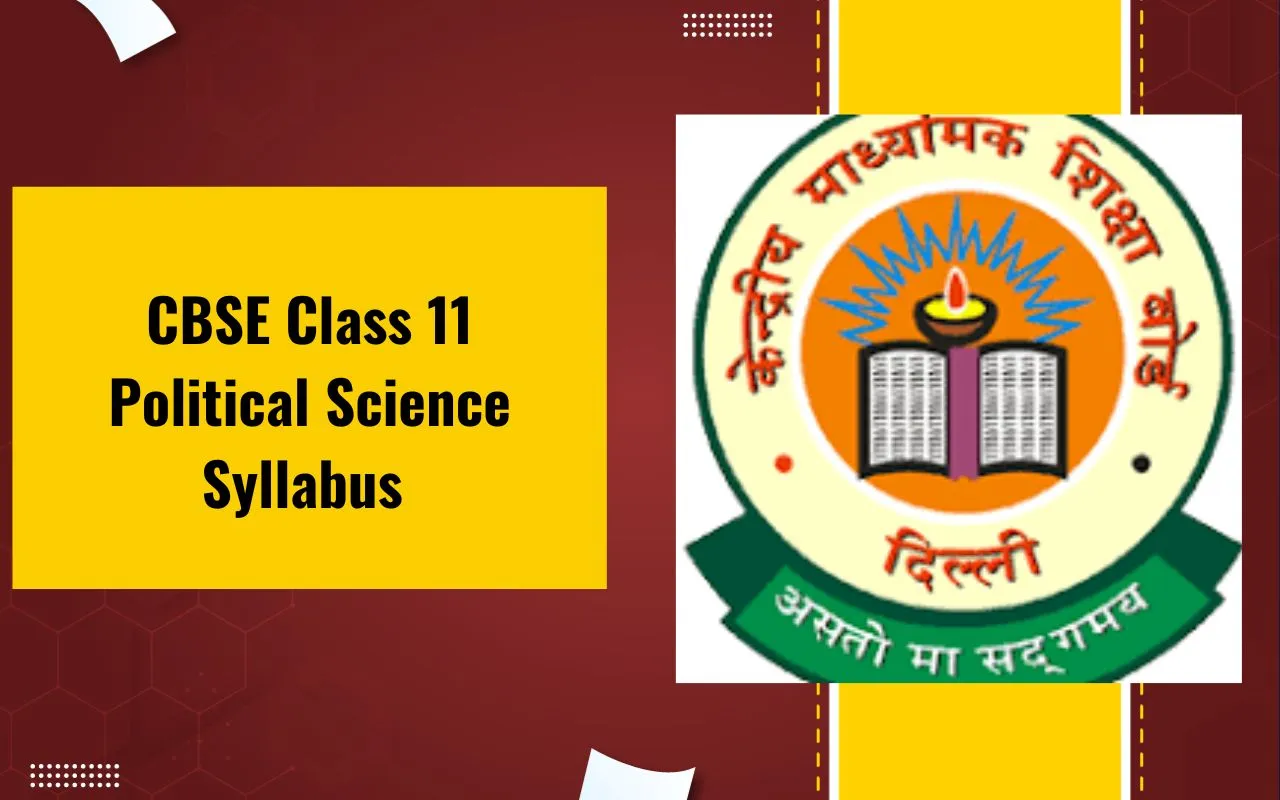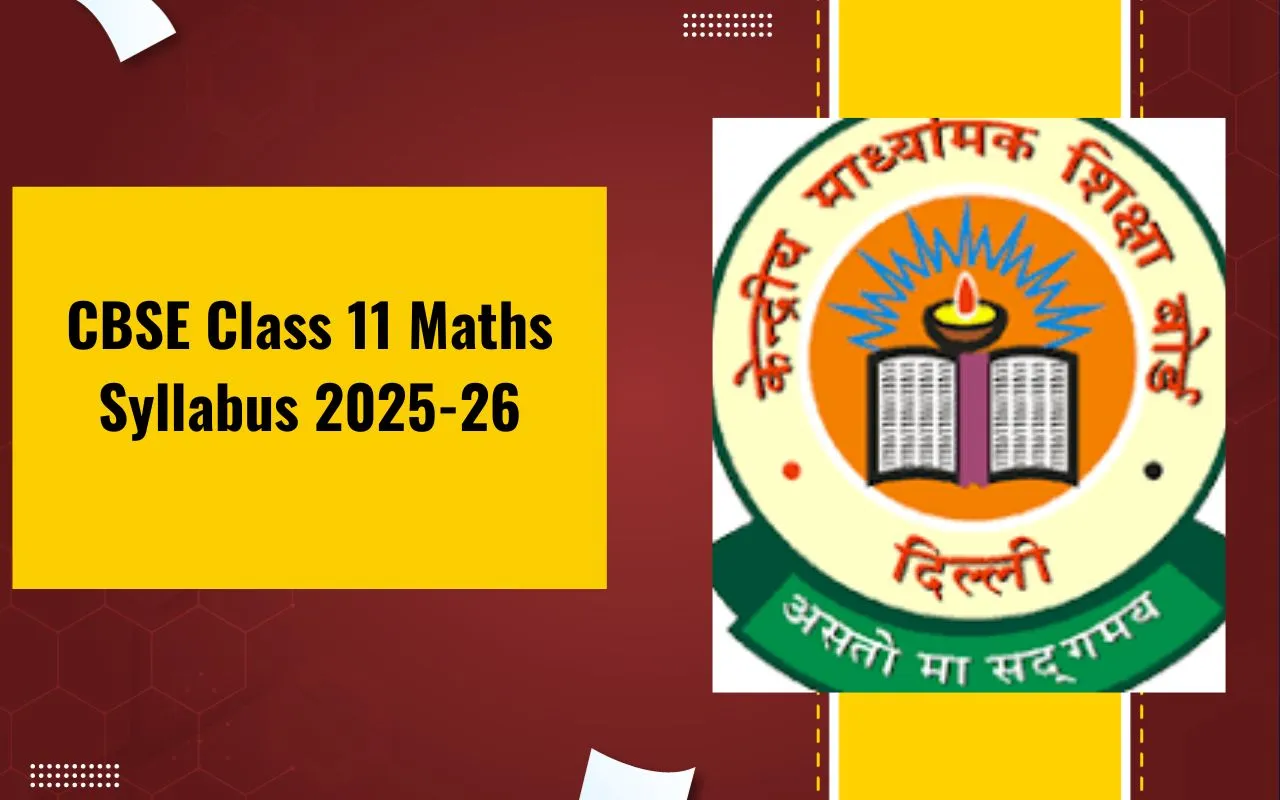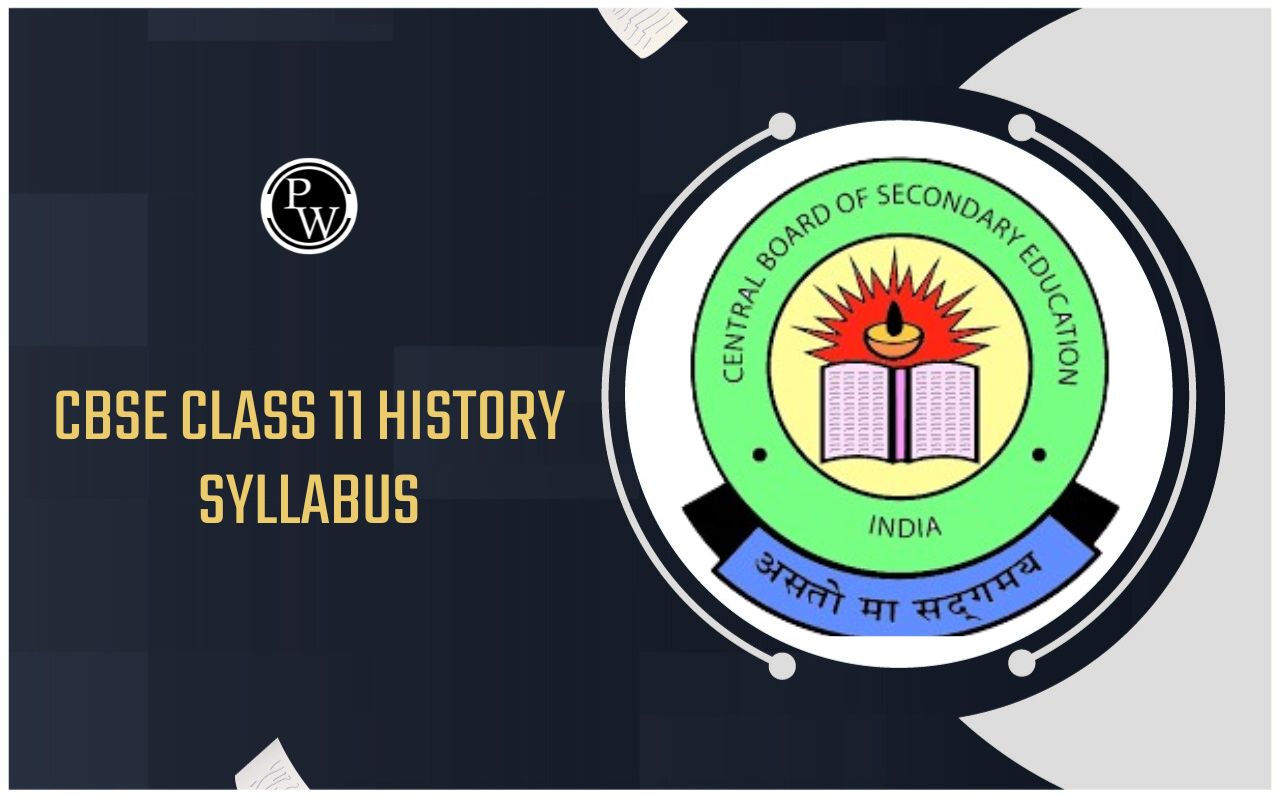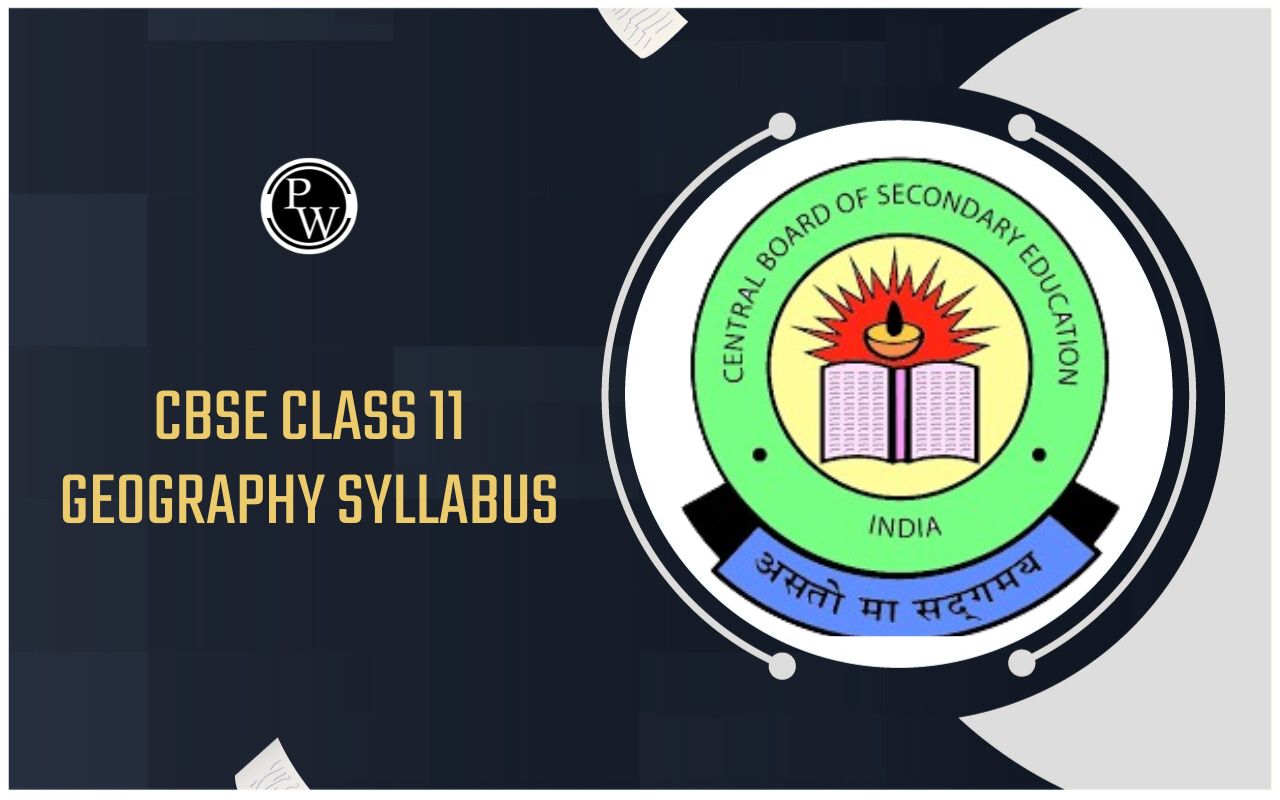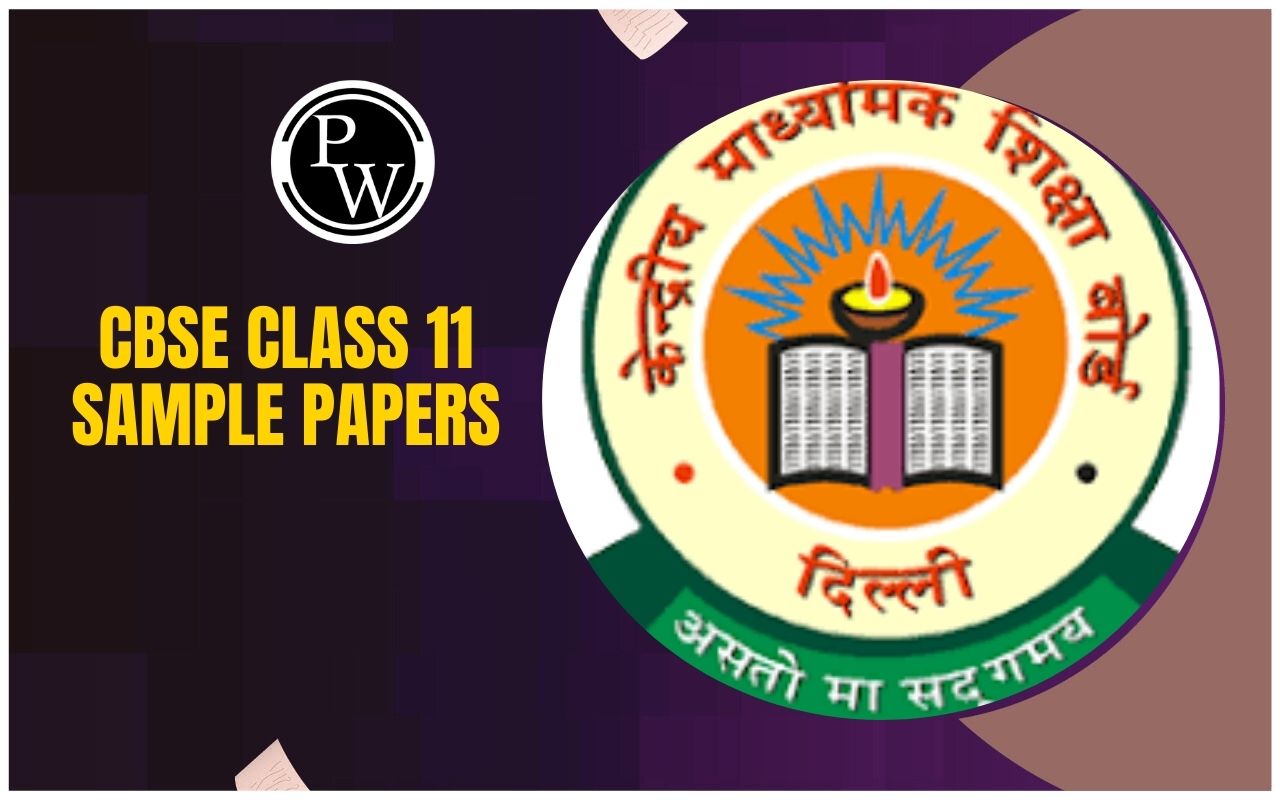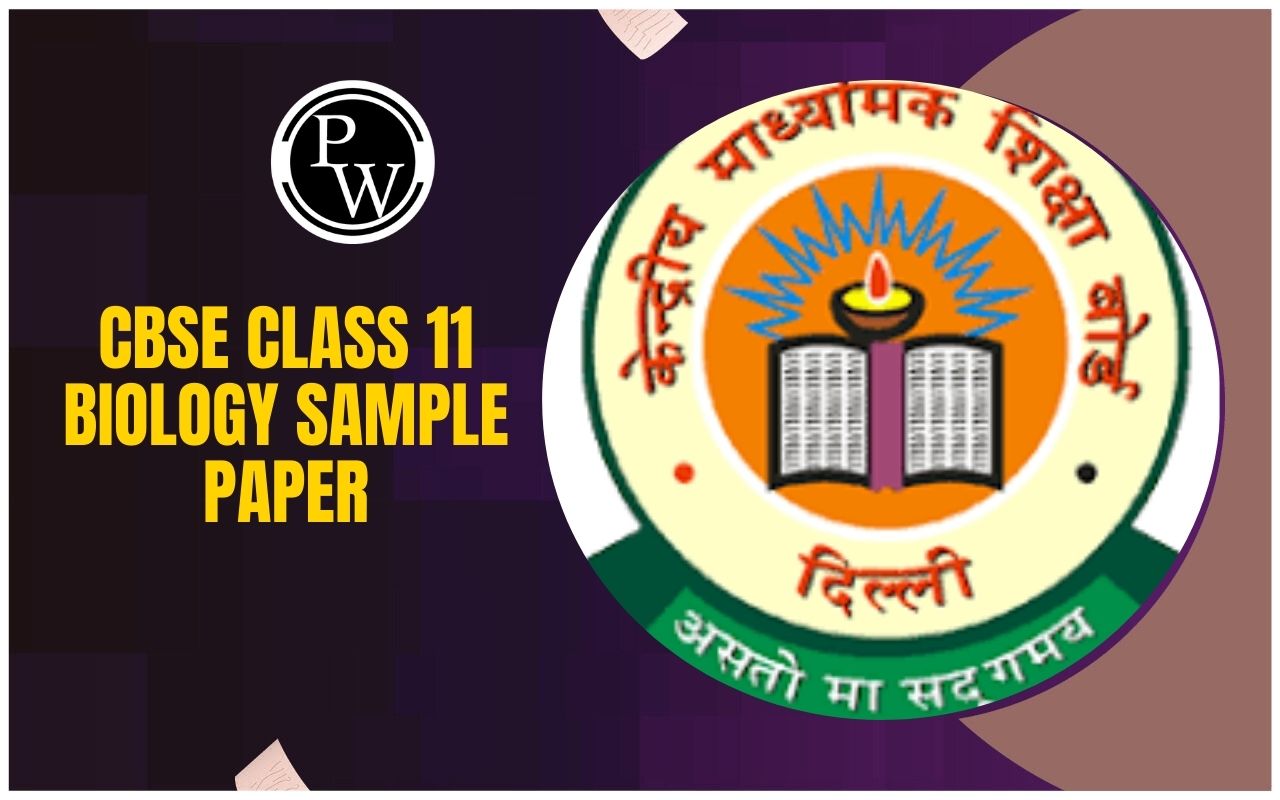
CBSE Class 11 Psychology Syllabus 2024-25: The Central Board of Secondary Education (CBSE) has released the Class 11 Psychology syllabus for the academic year 2024-25. This syllabus is an important resource for students as it outlines the course structure, chapters, and evaluation methods, providing a clear understanding of what to expect throughout the year.
Psychology as a subject is becoming increasingly popular due to its relevance to everyday life and its emphasis on understanding human behavior. In this article, we will take an in-depth look at the CBSE Class 11 Psychology Syllabus 2024-25 the objectives of the course, the detailed chapter-wise distribution, and the evaluation scheme.
CBSE Class 11 Psychology Syllabus 2024-25
The CBSE Class 11 Psychology Syllabus 2024-25 provides a detailed introduction to the study of human behavior, mental processes, and emotional experiences. It is structured to give students a strong foundation in the core concepts of psychology, such as human development, learning, memory, perception, and motivation.
The syllabus also emphasizes research methods, helping students develop practical skills for conducting experiments, analyzing data, and applying psychological theories to real-life situations. With a focus on both theoretical knowledge and practical application, the course encourages critical thinking, self-awareness, and an understanding of the sociocultural factors influencing human behavior, preparing students for further studies in psychology and related fields.
CBSE Class 11 Psychology Syllabus 2024-25 Overview
The CBSE Class 11 Psychology Syllabus for the academic year 2024-25 provides a comprehensive introduction to the field of psychology. It covers essential concepts related to human behavior, mind, and mental processes, preparing students for both theoretical and practical aspects of the subject.
| Title | Details |
|---|---|
| Released By | Central Board of Secondary Education (CBSE) |
| Class | 11 |
| Subject | Psychology |
| Academic Year | 2024-25 |
| Purpose | To introduce students to fundamental psychological concepts, methods, and human behavior within a sociocultural context. |
| Benefits | Provides a comprehensive understanding of human mind, behavior, and mental processes. Enhances self-awareness, critical thinking, and application of psychology in everyday life. |
| Course Structure | Covers topics such as human development, learning, memory, perception, motivation, and emotion, with practical work and theoretical learning. |
CBSE Class 11 Psychology Syllabus 2024-25 Unit Wise
The detailed unit-wise CBSE Class 11 Psychology Syllabus for 2024-25 covers key psychological concepts, methods, and processes in human development, sensory systems, learning, memory, thinking, motivation, and emotion. Each unit introduces fundamental topics, facilitating a deeper understanding of how humans think, feel, and behave.
| Unit No. | Unit Name | Topics | Periods |
|---|---|---|---|
| Unit I | What is Psychology? | 1. Introduction 2. What is Psychology? 3. Understanding Mind and Behaviour 4. Popular Notions about the Discipline of Psychology 5. Evolution of Psychology 6. Development of Psychology in India 7. Branches of Psychology 8. Psychology and Other Disciplines 9. Psychology in Everyday Life | 27 |
| Unit II | Methods of Enquiry in Psychology | 1. Introduction 2. Goals of Psychological Enquiry 3. Nature of Psychological Data 4. Some Important Methods in Psychology (Observational Method, Experimental Method, Correlational Research, Survey Research, Psychological Testing, Case Study) 5. Analysis of Data (Quantitative and Qualitative Methods) 6. Limitations of Psychological Enquiry 7. Ethical Issues | 32 |
| Unit III | Human Development | 1. Introduction 2. Meaning of Development 3. Factors Influencing Development 4. Context of Development 5. Overview of Developmental Stages (Prenatal Stage, Infancy, Childhood, Challenges of Adolescence, Adulthood, Old Age) | 26 |
| Unit IV | Sensory, Attentional, and Perceptual Processes | 1. Introduction 2. Knowing the World 3. Nature and Varieties of Stimulus 4. Sense Modalities (Functional Limitations of Sense Organs) 5. Attentional Processes (Selective Attention, Sustained Attention) 6. Perceptual Processes 7. The Perceiver 8. Principles of Perceptual Organisation 9. Perception of Space, Depth, and Distance (Monocular and Binocular Cues) 10. Perceptual Constancies 11. Illusions 12. Socio-Cultural Influences on Perception | 18 |
| Unit V | Learning | 1. Introduction 2. Nature of Learning 3. Paradigms of Learning (Classical Conditioning, Operant/Instrumental Conditioning) 4. Observational Learning 5. Cognitive Learning 6. Verbal Learning 7. Skill Learning 8. Factors Facilitating Learning 9. Learning Disabilities | 20 |
| Unit VI | Human Memory | 1. Introduction 2. Nature of Memory 3. Information Processing Approach: The Stage Model 4. Memory Systems (Sensory, Short-term, Long-term Memories) 5. Levels of Processing 6. Types of Long-term Memory (Declarative, Procedural, Episodic, Semantic) 7. Nature and Causes of Forgetting (Trace Decay, Interference, Retrieval Failure) 8. Enhancing Memory (Mnemonics using Images and Organisation) | 19 |
| Unit VII | Thinking | 1. Introduction 2. Nature of Thinking 3. The Processes of Thinking 4. Problem Solving 5. Reasoning 6. Decision-Making 7. Nature and Process of Creative Thinking (Nature, Process of Creative Thinking) 8. Thought and Language 9. Development of Language and Language Use | 14 |
| Unit VIII | Motivation and Emotion | 1. Introduction 2. Nature of Motivation 3. Types of Motives (Biological, Psychosocial) 4. Maslow’s Hierarchy of Needs 5. Nature of Emotions 6. Expression of Emotions (Culture and Emotional Expression, Emotional Labelling) 7. Managing Negative Emotions 8. Enhancing Positive Emotions | 14 |
Course Structure of Class 11 Psychology Syllabus 2024-25
The CBSE Class 11 Syllabus 2024-25 For Psychology provides an in-depth understanding of various psychological concepts, methods, and theories, ensuring a comprehensive foundation for students. The syllabus is designed to be both informative and engaging, incorporating theory-based learning with practical applications, focusing on both individual and social behavior.
Course Structure
The Class 11 Psychology course structure is divided into several units with specified periods and marks distribution for theory paper.
- Total Marks: 70
- Total Periods: 170
- Recommended Books : The NCERT textbooks are recommended for covering the syllabus.
- Book Name – Psychology, Class XI, Published by NCERT
| Units | Topics | No. of Periods | Marks |
|---|---|---|---|
| I. What is Psychology? | - Introduction - Psychology as a Discipline - Psychology as a Natural Science - Psychology as a Social Science - Understanding Mind and Behaviour - Popular Notions about Psychology - Evolution and Development of Psychology - Branches of Psychology - Psychology in Everyday Life | 27 | 11 |
| II. Methods of Enquiry in Psychology | - Goals of Psychological Enquiry - Research Methods: Observational, Experimental, Correlational, Survey Research - Psychological Testing and Case Study - Analysis of Data (Quantitative & Qualitative Methods) - Limitations & Ethical Issues | 32 | 13 |
| III. Human Development | - Meaning and Life-Span Perspective - Factors Influencing Development - Stages of Development: Prenatal, Infancy, Childhood, Adolescence, Adulthood, and Old Age | 26 | 11 |
| IV. Sensory, Attentional and Perceptual Processes | - Sensory Modalities and Functional Limitations - Attentional Processes (Selective and Sustained) - Perceptual Processes - Perception of Space, Depth, Distance (Monocular & Binocular Cues) - Illusions and Socio-Cultural Influences | 18 | 8 |
| V. Learning | - Nature and Paradigms of Learning - Classical and Operant Conditioning - Observational and Cognitive Learning - Learning Disabilities | 20 | 9 |
| VI. Human Memory | - Memory Systems: Sensory, Short-term, Long-term - Information Processing Model - Causes of Forgetting - Enhancing Memory (Mnemonics, Organisation) | 19 | 8 |
| VII. Thinking | - Nature of Thinking - Problem Solving, Reasoning, and Decision Making - Creative Thinking - Thought and Language | 14 | 5 |
| VIII. Motivation and Emotion | - Nature of Motivation - Types of Motives: Biological and Psychosocial - Maslow’s Hierarchy of Needs - Emotion Expression and Management | 14 | 5 |
CBSE Class 11 Psychology Syllabus 2024-25 FAQs
Q.1 : What is the total number of marks for the Class 11 Psychology exam?
Q.2 : How many units are included in the CBSE Class 11 Psychology syllabus?
Q.3 : What is the weightage of each unit in the Class 11 Psychology syllabus?
Q.4 : Are practicals included in the Class 11 Psychology syllabus?

